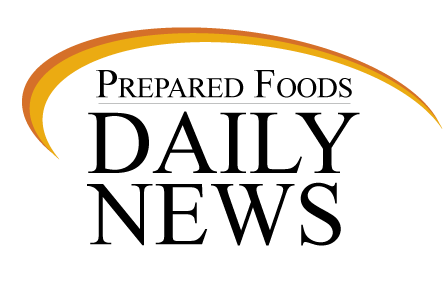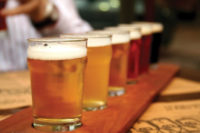Starbucks’ Ambitious Grocery Plans

"In the next 12-18 months, we will be unveiling new products and entirely new categories," chief executive Howard Schultz told the German magazine Der Spiegel. "We're going to build a major multibillion-dollar business in the grocery industry for Starbucks, both domestically and around the world."
Clearly, Starbucks is not content to just stay in the beverage world. Prepare for some surprises, Schultz added. "I think people are going to be quite surprised over the next few years at what Starbucks is capable of doing," he said.
So, will there be Starbucks-branded chicken tenders or potato chips? The company offered no specifics, but it has said it wants to build a portfolio of billion-dollar brands inside and outside its stores. It spent $9 million last year researching new food, drinks and equipment.
So far, Starbucks has focused on its Via instant coffee, its Frappuccino beverages and the Tazo tea brand. Where else could Starbucks go in the U.S.? It has pretty much tapped out the opportunities for new cafes. The company made some bad real-estate decisions in the past, and is slowly opening more stores, but the real growth is in international expansion. Within the U.S., the growth will be in key partnerships and licensed deals.
Last year, Starbucks brought in nearly $9 billion on its coffee shops and retail business. However, the global consumer packaged-goods business had only $707 million in sales -- paltry by comparison, so that is where Schultz has focused. He has told shareholders that the grocery business will one day rival the success of the coffee shop segment.
One important partnership is Starbucks' deal with Green Mountain Coffee Roasters, which makes the Keurig line of one-cup brewing systems. Starbucks coffee is headed to the Keurig K-Cup packs in November. Green Mountain sold 2.9 billion of those K-Cups last year, a 75% increase from the year before.
Starbucks thinks the deal with Green Mountain will generate around $1 billion.
Starbucks is having the strongest financial year in its history, Schultz told Der Spiegel. In an ironic twist, the foundering economy is contributing to its success. "In the last few years, our stores have in many ways become a respite for people seeking refuge, especially during bad times," he said. "In this sense, we've created something of an affordable luxury."
From the September 21, 2011, Prepared Foods' Daily News.
Looking for a reprint of this article?
From high-res PDFs to custom plaques, order your copy today!






